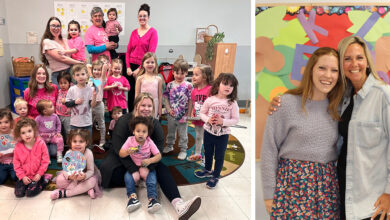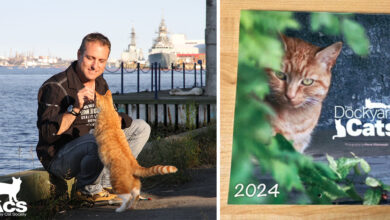CF FamiliesCMF Kids
Garden for physically challenged children
Every year many children are affected by physical and mental disabilities. These children like to garden too and we as a society have the opportunity to create something of which the children can build on. Planning a garden for children can be a very rewarding undertaking but we have to keep costly mistakes to a minimum. Everybody should have some input into this project such as medical care practitioners, recreational and administrative staff and the parents too.
Let us not overlook the input from the children because they have some excellent ideas. In addition, generate eagerness and commitment toward the project. The reason of planning this children garden is towards new opportunities such as physical exercise, mental and social needs. Also to understand the age difference of the children we are planning for and this can also be:
- To improve the present environment
- Develop gardening as a hobby
- Develop social skills
- Encourage physical activity
- Teach the basics of plant and animal life
- Supply the opportunity to talk one on one in an outdoor environment
- Inspire visual gratitude of nature
How to Ensure a Good Growing Season and Positive Experience for the Children:
- Always watch the sun movement in conjunction with sunny or shade plant material. A vegetable garden should be grown in a north-south direction.
- Ensure to shelter from the sun (UVR) and wind, because a comfortable outside environment attracts the child to go outside.
- Recognize and be aware that physically challenged children are sensitive to light and temperature differences.
- Security is of great importance and the possibility of animal damage or vandalism.
- Purchase low allergen trees or shrubs that attract butterflies and hummingbirds.
- Look for low allergen plants with a low fragrance for the visually impaired child – such plants when dried make wonderful fragrant sachets.
- Attracting hummingbirds & butterflies.
- Plants for drying used for crafts indoors.
- Choose the proper anti-slip paved stones.
- Raised bed gardening is great for everyone.
- Situate bird feeding stations which can be observed from different windows.
- Create social or shaded work corners.
The water supply at different areas should be frost-free, and the hose and tap lines need to be flushed out (empty) at the end of the growing season.
There is no greater joy than seeing plants flowering and reaching for the sunshine, as they sway gently in the breeze. All children regardless of their level of handicap can be filled with the wonder of nature and pride in participating in the garden.
The handicap may limit their involvement, but even holding a watering can or garden hose will allow children to have a part in the gardening experience.
Introduce children to the joys of the earth and watch their reactions as they get their hands dirty and help to grow beautiful flowers and/or the bounty of homegrown vegetables.
Gardening knows no bounds!










